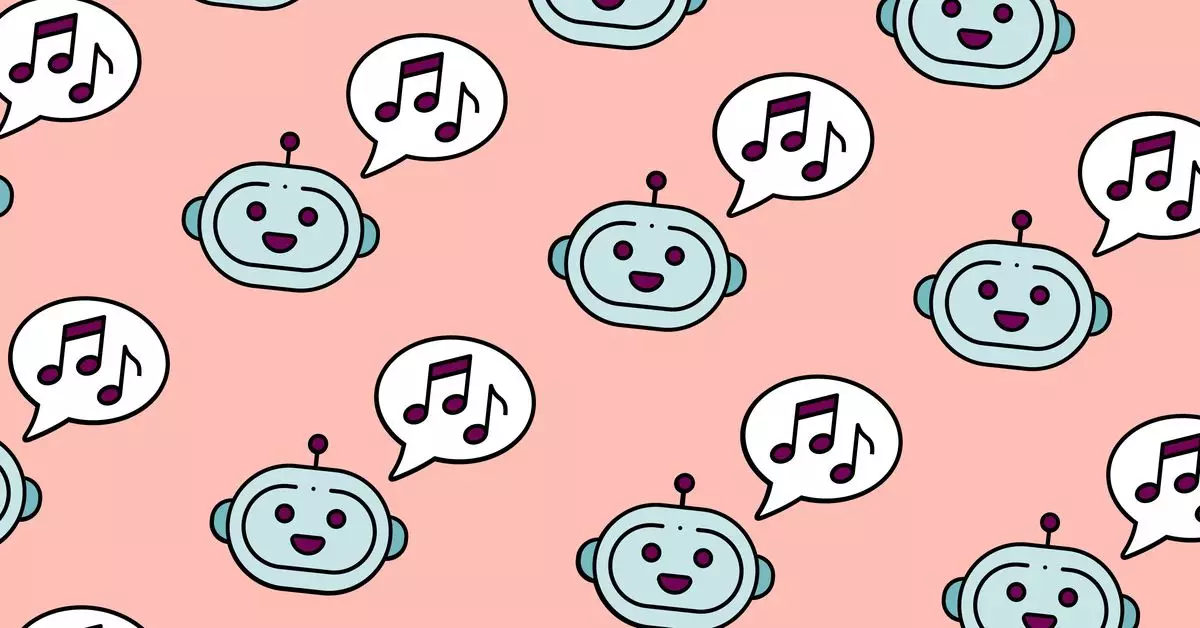AI music startups Suno and Udio have recently found themselves in legal hot water due to accusations of copyright infringement. The lawsuits were brought against them by the Recording Industry Association of America (RIAA), representing major record labels like Universal Music Group (UMG), Sony Music Entertainment, and Warner Records. The RIAA claims that Suno and Udio have committed copyright infringement on a massive scale by training their AI models on copyrighted materials.
Both Suno and Udio have defended their actions by asserting that training their music-generating AI models on copyrighted materials falls under fair-use doctrine. They argue that using existing sound recordings to mine and analyze for the purpose of creating new music is a legitimate practice. Udio emphasized that copyright law is meant to encourage new artistic expression, not stifle it.
In response to the lawsuits, Suno and Udio have accused the music industry of attempting to suppress competition. They claim that the major record labels behind the lawsuits have misconceptions about how AI music tools work. Suno likened its model training process to a kid learning to write new songs by listening to existing music, rather than simply copying and repeating copyrighted tracks.
The RIAA has maintained its stance that Suno and Udio failed to obtain appropriate consent to use copyrighted works in their music generation tools. According to the RIAA, these companies are essentially stealing artists’ work, extracting its core value, and repackaging it to compete with the original creations. The industry body argues that there is nothing fair about this practice.
This case is not an isolated incident in the realm of AI and copyright infringement. Many other AI companies have also faced similar accusations and have attempted to use the fair-use doctrine as a defense. However, the nuances of copyright law and the ethical implications of using copyrighted materials in AI models remain contentious.
The case of Suno and Udio raises important questions about the intersection of AI technology, fair-use doctrine, and copyright law in the music industry. It remains to be seen how this legal battle will unfold and what implications it may have for future innovations in AI-generated music.


Leave a Reply